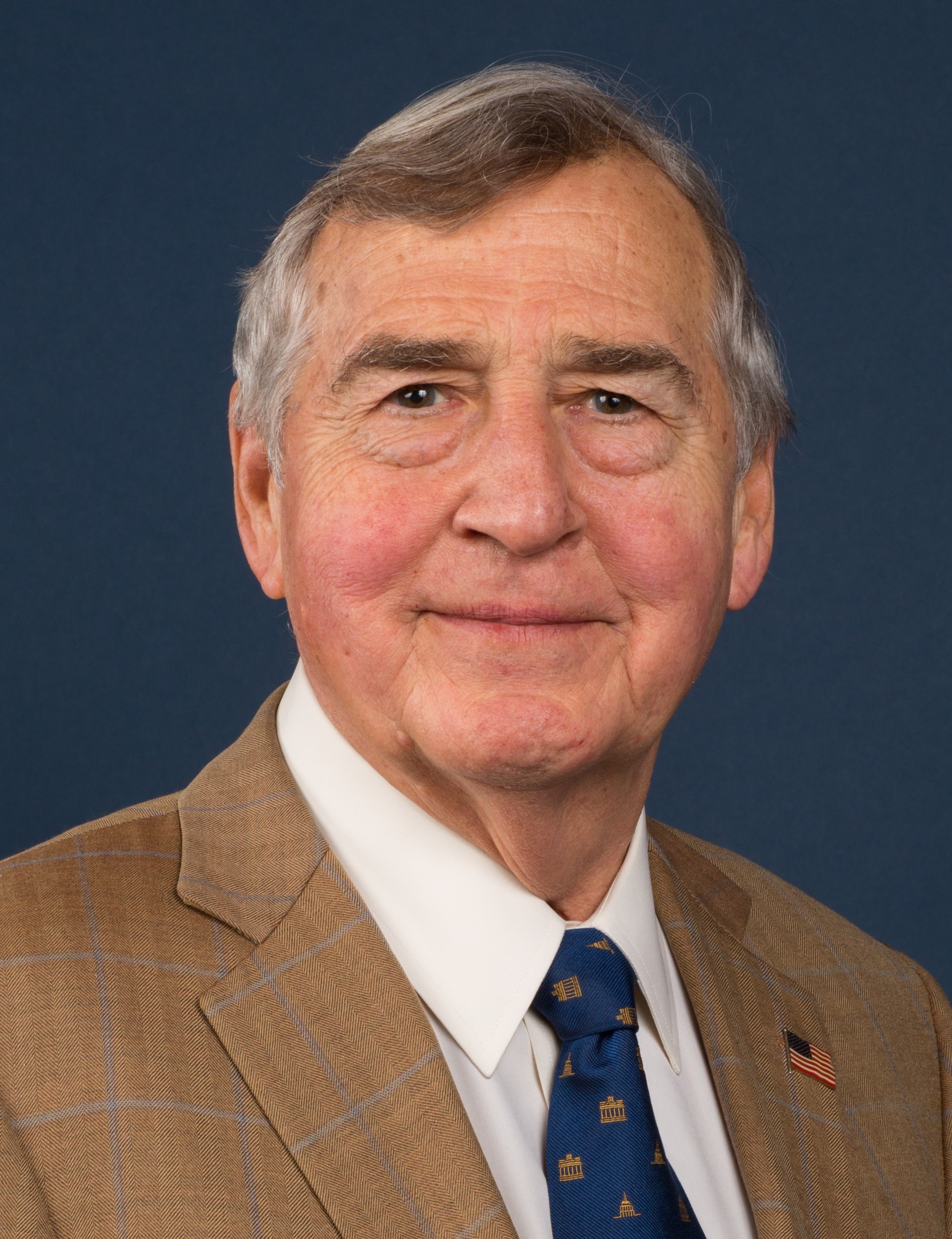PROGRAM & SPEAKERS
PROGRAM & SPEAKERS

SPEAKERS
SPEAKERS
-

Graham Allison
Douglas Dillon Professor of Government, Harvard Kennedy School, Former Assistant Secretary of Defense for Policy and Plans in the Untied States

-

Graham Allison
Douglas Dillon Professor of Government, Harvard Kennedy School, Former Assistant Secretary of Defense for Policy and Plans in the Untied States
Speaker Introduction
 In an era of rising hegemony, what's South Korea's choice?
In an era of rising hegemony, what's South Korea's choice?As China rises, so does the U...
Graham Allison is the Douglas Dillon Professor of Government at Harvard University where he has taught for five decades. Allison is a leading analyst of national security with special interests in nuclear weapons, Russia, China, and decision-making. Allison was the “Founding Dean” of Harvard’s John F. Kennedy School of Government, and until 2017, served as Director of its Belfer Center for Science and International Affairs which is ranked the “ #1 University Affiliated Think Tank” in the world. As Assistant Secretary of Defense in the first Clinton Administration, Dr. Allison received the Defense Department's highest civilian award, the Defense Medal for Distinguished Public Service, for "reshaping relations with Russia, Ukraine, Belarus, and Kazakhstan to reduce the former Soviet nuclear arsenal." This resulted in the safe return of more than 12,000 tactical nuclear weapons from the former Soviet republics and the complete elimination of more than 4,000 strategic nuclear warheads previously targeted at the United States and left in Ukraine, Kazakhstan, and Belarus when the Soviet Union disappeared.
Dr. Allison’s latest book, Destined for War: Can America and China Escape Thucydides’s Trap? (2017), is a national and international bestseller. His 2013 book, Lee Kuan Yew: The Grand Master’s Insights on China, the United States and the World, has been a bestseller in the U.S. and abroad. Nuclear Terrorism: The Ultimate Preventable Catastrophe, now in its third printing, was selected by the New York Times as one of the "100 most notable books of 2004." Dr. Allison's first book, Essence of Decision: Explaining the Cuban Missile Crisis (1971), ranks among the all-time bestsellers with more than 500,000 copies in print.
As "Founding Dean" of the modern Kennedy School, under his leadership, from 1977 to 1989, a small, undefined program grew twenty-fold to become a major professional school of public policy and government.
As Assistant Secretary of Defense under President Clinton and Special Advisor to the Secretary of Defense under President Reagan, he has been a member of the Secretary of Defense’s Advisory Board for every Secretary from Weinberger to Mattis. He has the sole distinction of having twice been awarded the Distinguished Public Service Medal, first by Secretary Cap Weinberger and second by Secretary Bill Perry. He has served on the Advisory Boards of the Secretary of State, Secretary of Defense, and the Director of the CIA.
Dr. Allison was the organizer of the Commission on America's National Interests (1996 and 2000), a founding member of the Trilateral Commission, a Director of the Council on Foreign Relations, and has been a member of public committees and commissions, among them the Baker-Cutler DOE Task Force on Nonproliferation Programs with Russia, the IAEA’s Commission of Eminent Persons, and the Commission on Prevention of Weapons of Mass Destruction, Proliferation, and Terrorism.
Dr. Allison has served as a Director of the Getty Oil Company, Natixis, Loomis Sayles, Hansberger, Taubman Centers, Inc., Joule Unlimited, and Belco Oil and Gas, as well as a member of the Advisory Boards of Chase Bank, Chemical Bank, Hydro-Quebec, and the International Energy Corporation.
Dr. Allison was born and raised in Charlotte, North Carolina. He was educated at Davidson College; Harvard College (B.A., magna cum laude, in History); Oxford University (B.A. and M.A., First Class Honors in Philosophy, Politics, and Economics); and Harvard University (Ph.D. in Political Science).


